Kashmir, Oct 09 (V7N)— The Election Commission of India has announced the results of the assembly elections for the states of Jammu & Kashmir and Haryana , revealing contrasting outcomes for the Bharatiya Janata Party (BJP) . While the BJP achieved a third consecutive victory in Haryana , it suffered a significant defeat in Jammu & Kashmir , where the National Conference (NC) -led alliance emerged victorious.
In Jammu & Kashmir, the National Conference (NC) , led by Farooq Abdullah and his son Omar Abdullah , secured 49 out of the 90 seats , forming a strong alliance with the Indian National Congress (INC) . This result is being hailed as a historic victory for the Congress in the region, particularly in light of the BJP's controversial move to revoke the region's autonomous status by abrogating Article 370 on August 5, 2019.
The BJP managed to win 29 seats , while the Jammu and Kashmir People's Democratic Party (PDP) won only three seats . Both the Communist Party of India (Marxist) and the Aam Aadmi Party (AAP) secured one seat each.
The NC-Congress alliance, which is part of the broader anti-BJP 'India' coalition , is now on track to form the government, with Omar Abdullah expected to take over as Chief Minister, a position he last held from 2008 to 2015. Abdullah won in two key constituencies— Ganderbal and Badgam in central Kashmir.
NC leaders and supporters celebrated the victory in front of Farooq Abdullah's residence in Srinagar , expressing optimism about the future of the state. NC members claimed that the results reflected the people's discontent with the BJP's policies, particularly the abrogation of Article 370.
Despite facing challenges in Jammu & Kashmir , the BJP secured a decisive victory in Haryana , winning 48 out of 90 seats , ensuring a third consecutive term in the state assembly. The BJP had faced intense pressure following the 2021 farmers' protests , which put the ruling party in a precarious position ahead of the elections.
However, despite the Congress initially leading in the vote count, the BJP managed to turn the tide and secure the majority required to form the government. The Indian National Congress (INC) won 37 seats , while smaller regional parties and independents captured the remaining five seats.
The BJP's win in Haryana ensures its continued hold over the state, where it has been in power for the past 15 years . However, the Congress has expressed disappointment with the results, calling them unexpected and difficult to accept.
The election results mark a significant shift in the political landscape of Jammu & Kashmir , where the NC-Congress alliance has effectively defeated the BJP. Many political analysts believe that this is a strong message from the people of the region against the BJP's handling of local governance and the decision to revoke its special status in 2019.
In contrast, the BJP's continued dominance in Haryana reinforces its position in northern India , even in the face of growing opposition movements like the farmers' protests.
As the results settle, attention now turns to how the new governments in both states will address key issues and navigate the complex political environment.
END/RH/AJ



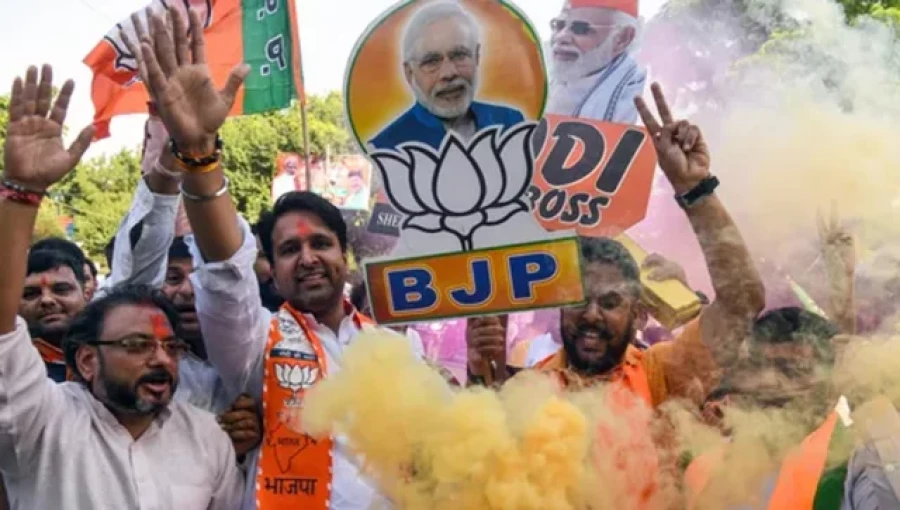







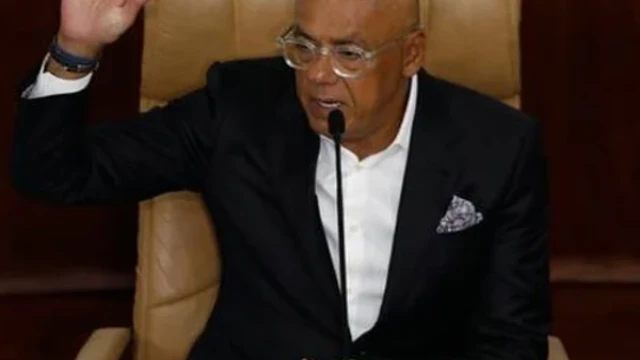
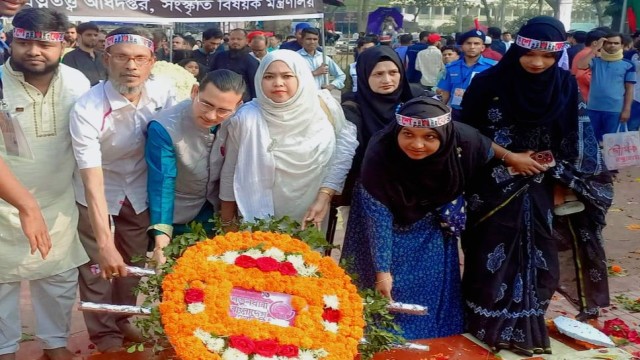


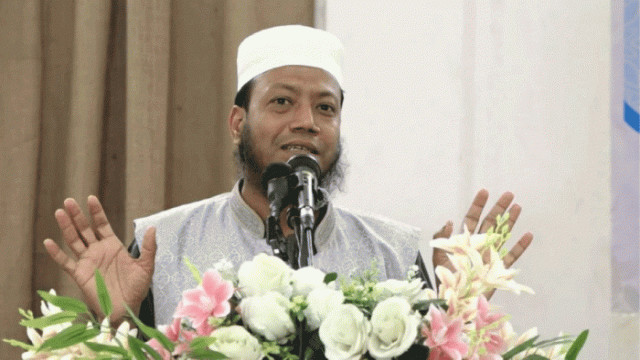
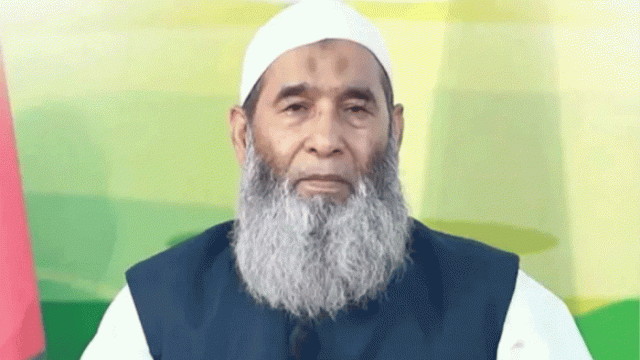

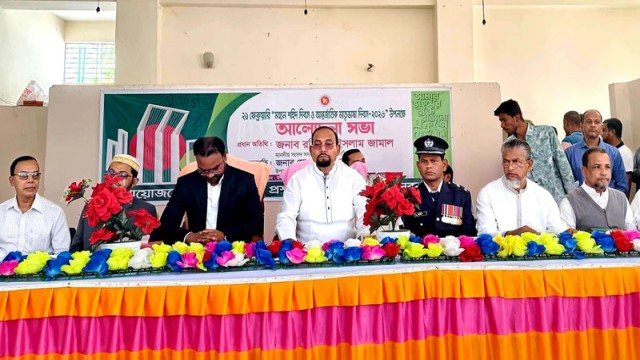









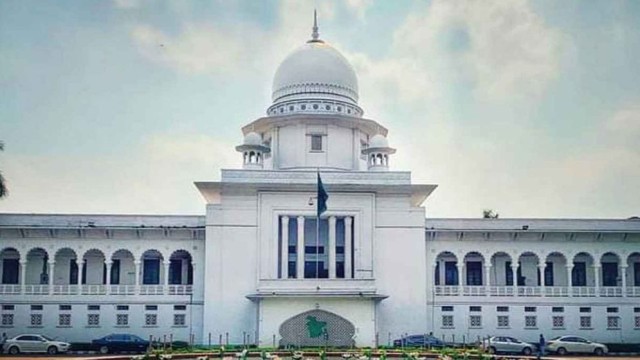

Comment: